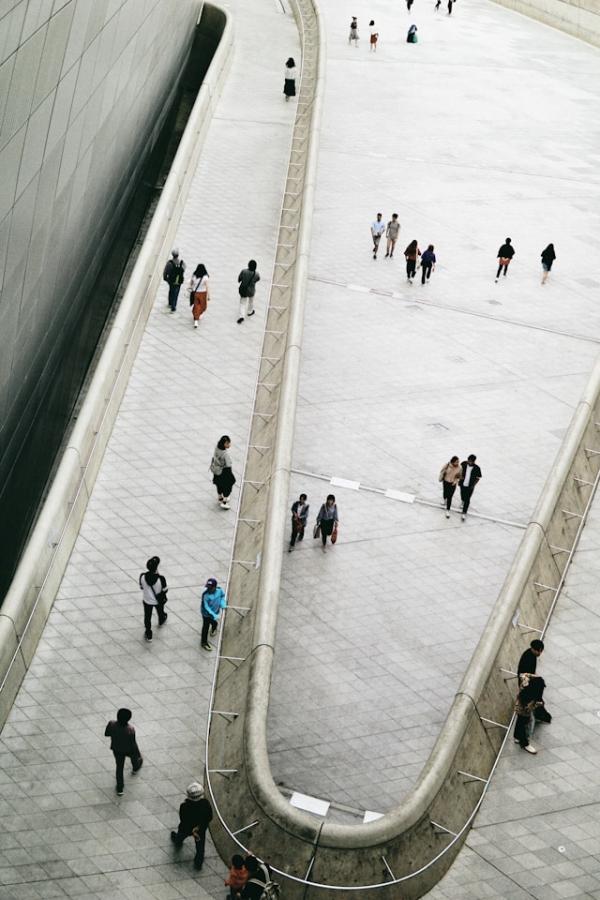The Human Condition

From dust we come and to dust we shall return. This is the foundational Lenten theme. It can make us uncomfortable. We might find it depressing, morbid, but it is life. We are mortal, yet our very mortality gives value and meaning to our lives. The reality of our death reminds us to live – boldly and beautifully and fully.
In my recent sermon I said that Adam and Eve being cast out of Paradise, and becoming mortal, was a blessing rather than a curse. It is in the pain of childbirth that we bring life into the world. It is the hard work of tilling the ground that gives meaning to our lives. God didn’t curse us – God opened our hearts in unimaginable ways. Those open hearts allow joy and love to enter, but also grief and heartbreak.
We are dust and to dust we shall return.
Shortly before we were to process into the church on Sunday for the 10:00 a.m. service, I received word that my beloved cousin and dear friend, Julie, had passed in the night after a long battle with cancer. Julie was full of life – one of the funniest, quirkiest people I know. She was always so curious – she wanted to know everything about everyone she met. She was a nonconformist in her own fairly conventional and hilarious way. And she was a person of deep faith.
The irony of Julie’s death was not lost on me as I prepared to give a sermon on the blessings of our mortality. I considered weaving this into my sermon, but it was still too raw. It probably still is. I am so grateful to have loved Julie throughout my life. And I am so very sad that she is gone.
As mortal humans we hold those things in tension – love and loss, joy and grief, life and death. The pain of loss is very real and must be acknowledged, felt deeply. We need to mourn. But we must also rejoice again. In Jeremiah 31:13 God says that when God’s people are gathered together again, “Then shall the young women rejoice in the dance, and the young men and the old shall be merry. I will turn their mourning into joy; I will comfort them and give them gladness for sorrow.” God is present with us in our grief and in our joy.
I recently read a book called The Amen Effect: Ancient Wisdom to Mend Our Broken Hearts and World, written by Rabbi Sharon Brous. There is a beautiful chapter called “grieve and live.” In it Brous relates two stories from ancient Judaism.
The moral of the first story is “even in the deepest suffering, there is joy.” The moral of the second story is “even in the greatest joy, there is still heartache.”
That is the human condition.
God opened our hearts in unimaginable ways, and in that openness enter both love and loss, joy and grief. And we are blessed.
Love, Mary

